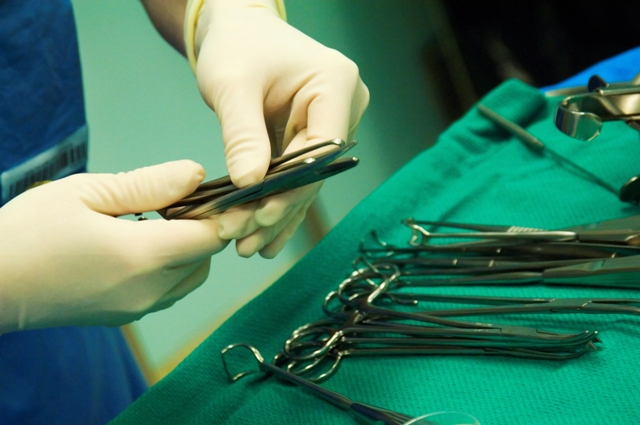Hospital Study Finds Medicaid Expansion Would Have Multiple Benefits
More food for thought as Governor Tom Corbett prepares to meet next week (April 2nd) with the U. S. Secretary of Health and Human Services to discuss Medicaid expansion. The Hospital and Healthsystem Association of Pennsylvania has released a study that shows expanding Medicaid coverage in Pennsylvania will boost economic activity by at least 3.2 billion a year while reducing the state’s uninsured rate from over 12 percent to around 5%.
Paula Bussard, Vice President of Policy and Regulatory Services, says the positive effects would outweigh additional costs. She says the argument against expansion may not have considered all of the economic benefits, including a reduction in the costs of uncompensated care. But the study conducted by RAND Health indicates the benefits would have a long term cost with uneven regional results.
Governor Corbett has rejected the expansion so far over concerns about the additional costs to Pennsylvania, but he has left the door open if the state is granted some flexibility by the federal government in managing the program.
Bussard says there are a number of options the state could seek, including the ability to keep children on CHIP, the Children’s Health Improvement Program., as opposed to transferring them into Medicaid.



